Greens take stock after election setback
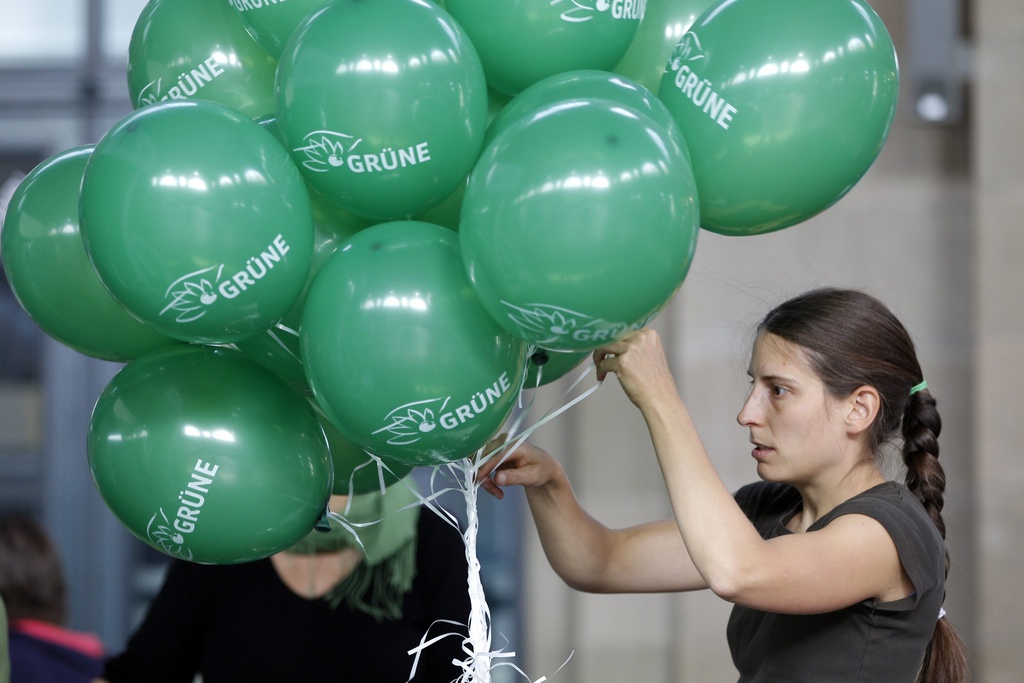
The Green Party is facing calls to refocus its policy after ending up in the losers’ camp of Sunday’s parliamentary elections.
The group was punished hard for dropping 1.2 percentage points, losing five of its 20 seats in the House of Representatives. Discussions within the party are underway on how to maintain an identity distinct from rival parties – the Social Democrats and the Liberal Greens.
“Our result in terms of voter share is not that bad considering that two new parties together gained almost ten per cent,” says Miriam Behrens, secretary-general of the Green Party.
She also claims that the Greens were subject to a reversal of fortune. Four years ago, the party benefited from electoral alliances to take remaining seats under the proportional representation system, but fate was not on their side this time round.
Nor were they able to cash in on the political fallout of the Fukushima nuclear disaster in Japan.
“We successfully convinced centre-right parties to push ahead with the nuclear opt-out, but voters did not reward us,” Behrens says.
She rejects allegations that the Green Party was split along Switzerland’s French-German language divide. “If anything, the elections showed that we are doing well in urban regions, but struggling in rural areas.”
Mobilisation
Political scientist Claude Longchamp sees the failure of the Greens in their inability to mobilise their supporters for election day compared with the 2007 elections.
He says the Greens might have miscalculated the potential benefits of a debate over nuclear energy, as the government reacted swiftly thereby stealing their thunder.
A survey, conducted by the GfS Bern research institute on Sunday, found that the Greens suffered more from voter abstinence than from the competition of like-minded parties.
“The Liberal Greens did not take away a crucial amount of support from the Greens, but the Greens could not convince a sufficient number of their supporters to vote at all,” says Longchamp who heads the gfs.bern institute.
The survey, based on just over 1,000 telephone interviews, shows that the Liberal Greens were particularly attractive for self-declared supporters of the Radical Party and the Social Democrats. The Greens for their part benefited more from traditional Social Democratic voters.
Pragmatic versus fundamentalist
With its policy centred on a strong role of the state, the Green Party missed an opportunity to win the backing of more liberal but equally eco-friendly citizens, according to Longchamp.
The result of the parliamentary election has re-kindled an old debate within the party between the fundamentalist wing and the realists.
“We have to reinvent the Greens,” parliamentarian Antonio Hodgers is quoted as saying.
His colleague Bastien Girod reads the election result as a mandate to modernise the party.
“If we do not act upon this now, we will never do it,” he said in an interview with the Berner Zeitung newspaper.
While the pragmatists appeal for a political reorientation of the Greens, proposing a broader political agenda and cooperating with the rival Liberal Greens, others categorically reject such ideas.

More
House of Representatives
No longer exclusive
They argue that it is crucial for the party to continue to fight for social justice and minority rights without letting the party policy be defined by either the Liberal Greens on the right or the Social Democratic Party on the left.
Political scientist Longchamp says it is too early to say whether the 2011 elections mark a sea change for the Greens. The group has had its ups and downs before, hit by an electoral setback in the 1990s before bouncing back in the first decade of the 21st century.
“There are enough green topics around for the party to play a prominent part on the political stage in the future,” says Longchamp.
“But the Greens no longer enjoy the same special status among the ecologically-minded voters as before.”
In the October 23 elections to the House of Representatives, the Greens lost five of their 20 seats.
But they are likely to hold on to their two seats in the Senate in next month’s run-off ballots.
Voter support dropped from 9.6% in 2007 to 8.4%.
The Liberal Greens saw their share of the vote increase to 5.4% from 1.4% in 2007.
They now have 12 seats in the House and could win at least two seats in the Senate.
The first local chapter of the Green Party was founded in western Switzerland in 1971 to combat the construction of a stretch of motorway.
The first Green Party representative was elected to the federal parliament in 1979. A national Green Party headquarters was set up in 1983.
After a row in the Zurich chapter of the party, the Liberal Green Party – a more moderate and centrist – split-off was founded in 2007.
The Greens are the biggest non-governmental party in parliament and claim about 7,500 grass root members.

In compliance with the JTI standards
More: SWI swissinfo.ch certified by the Journalism Trust Initiative

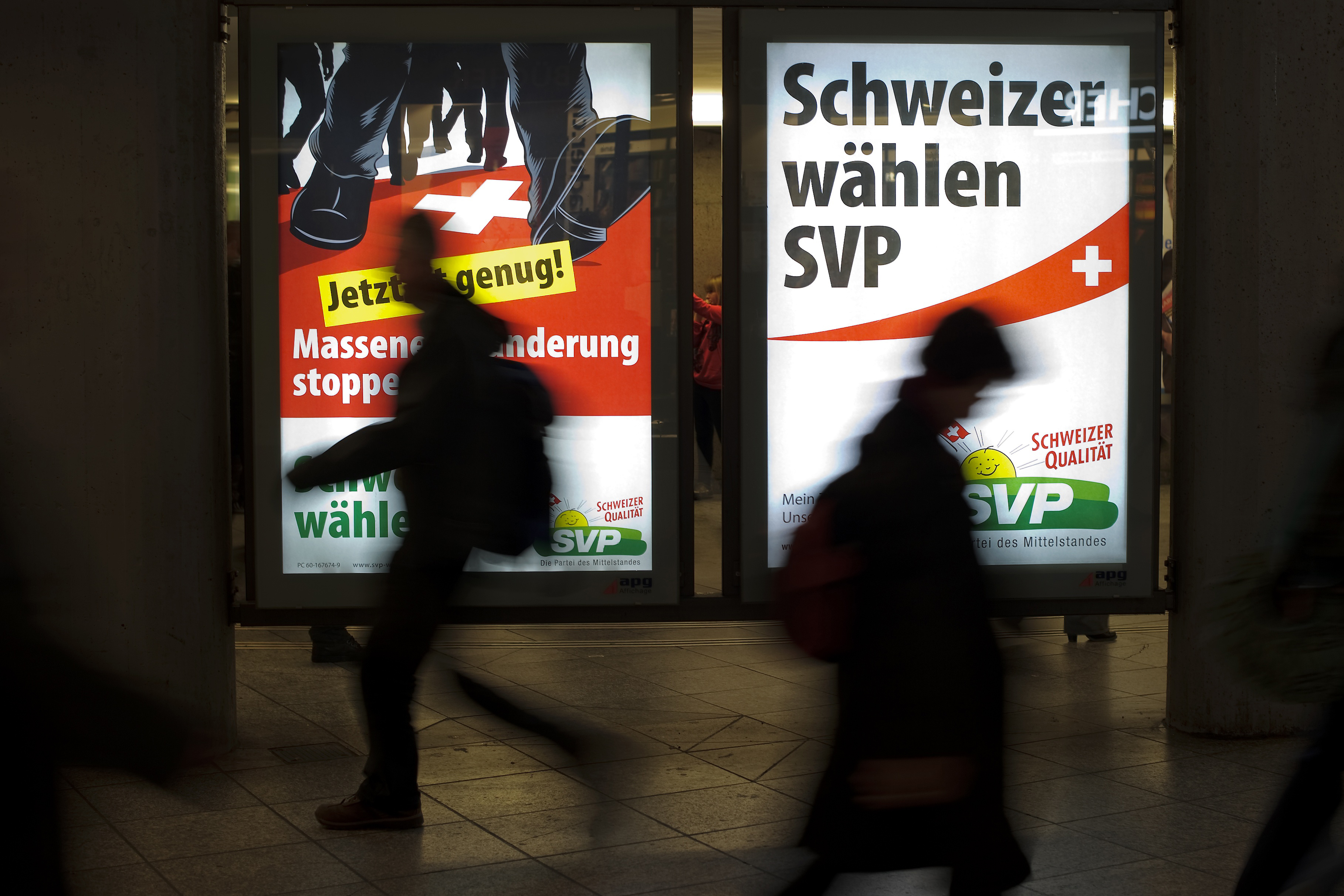
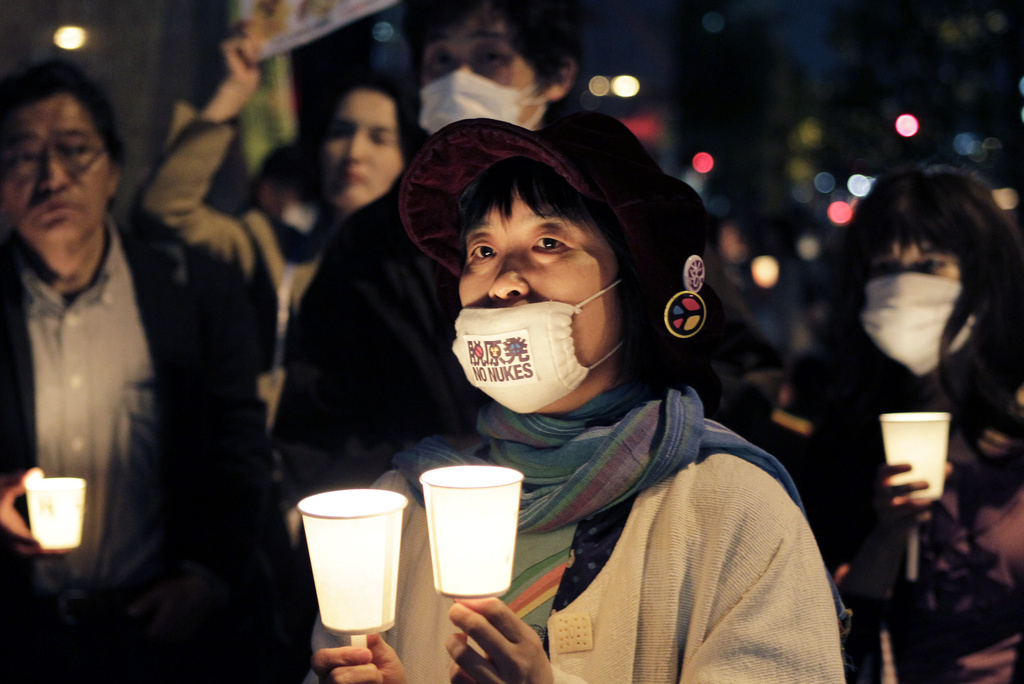
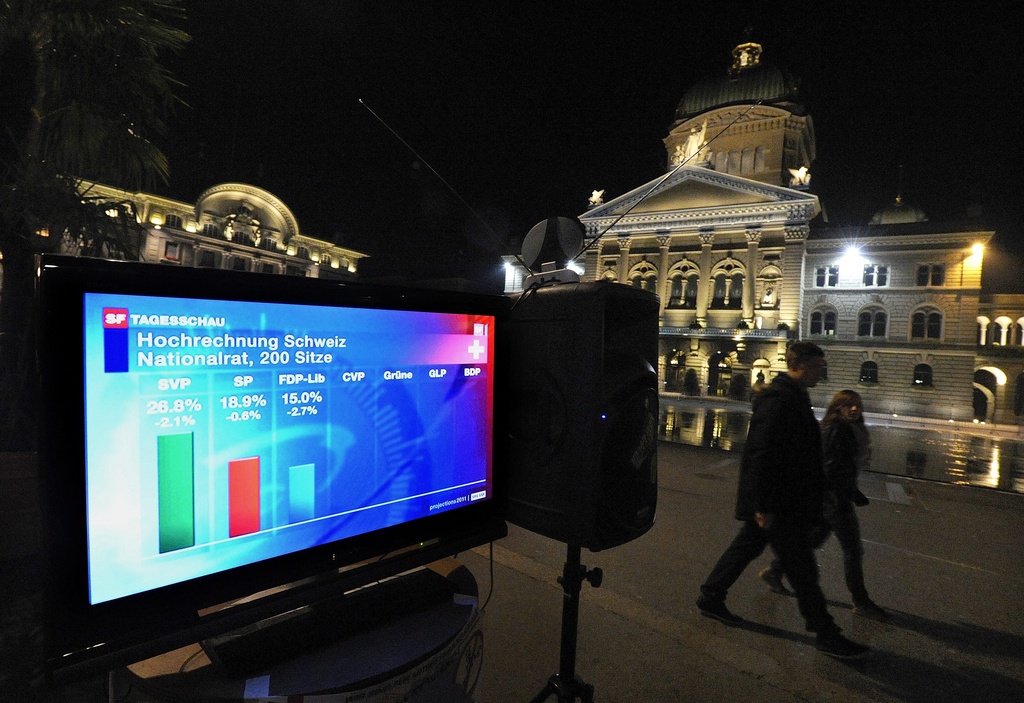
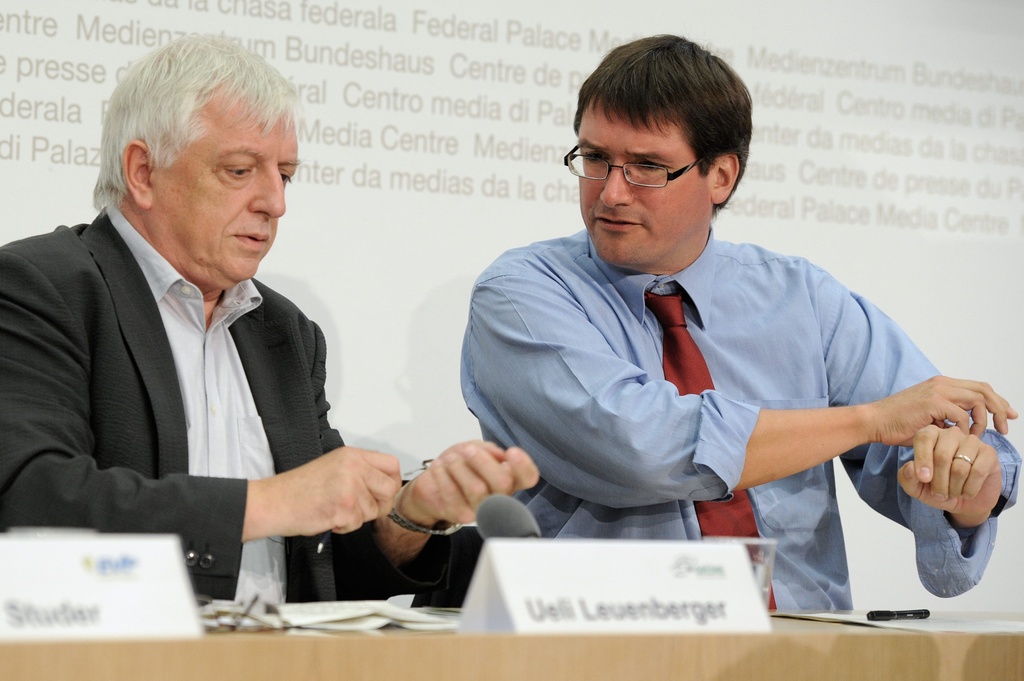
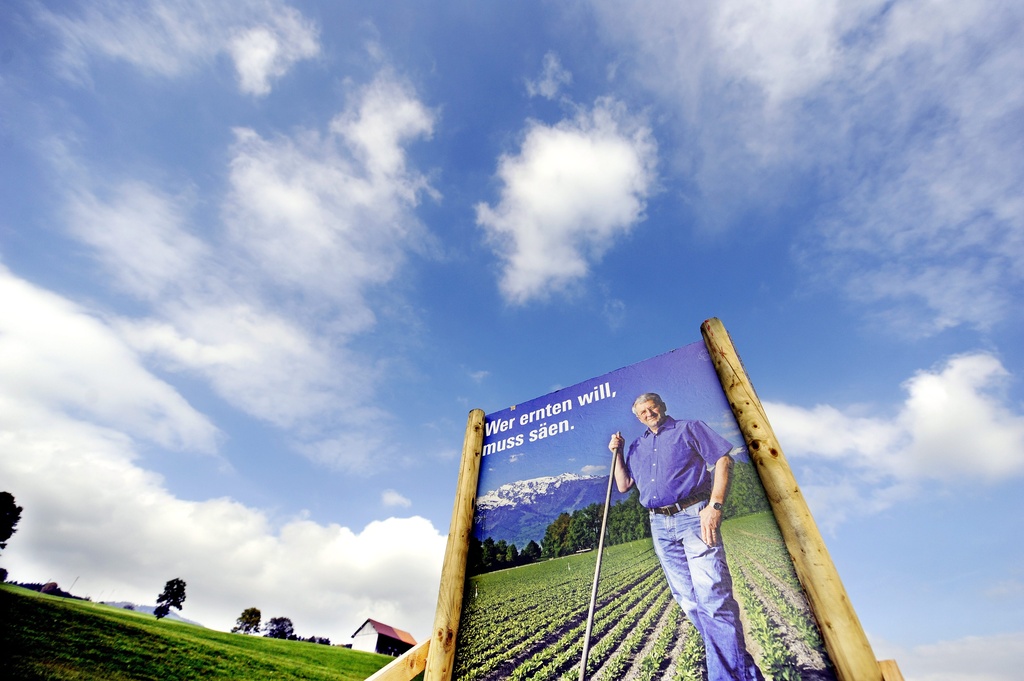
You can find an overview of ongoing debates with our journalists here . Please join us!
If you want to start a conversation about a topic raised in this article or want to report factual errors, email us at english@swissinfo.ch.